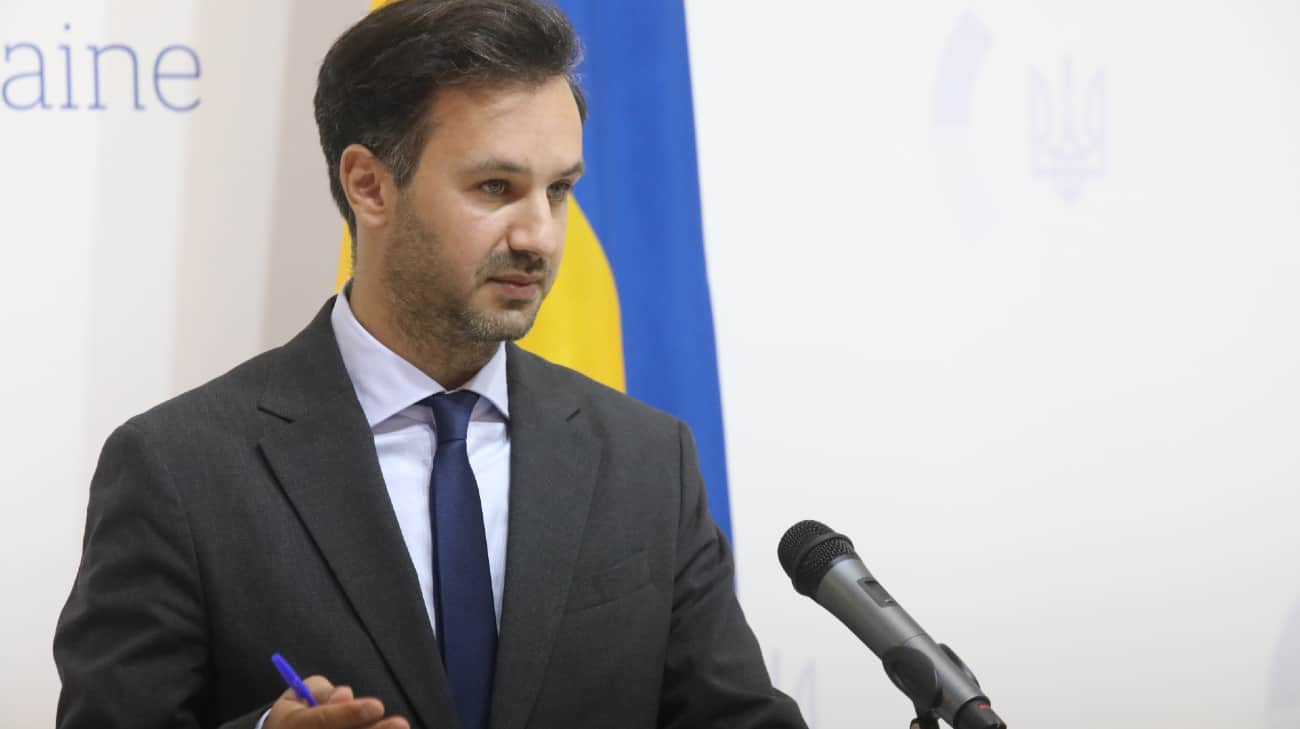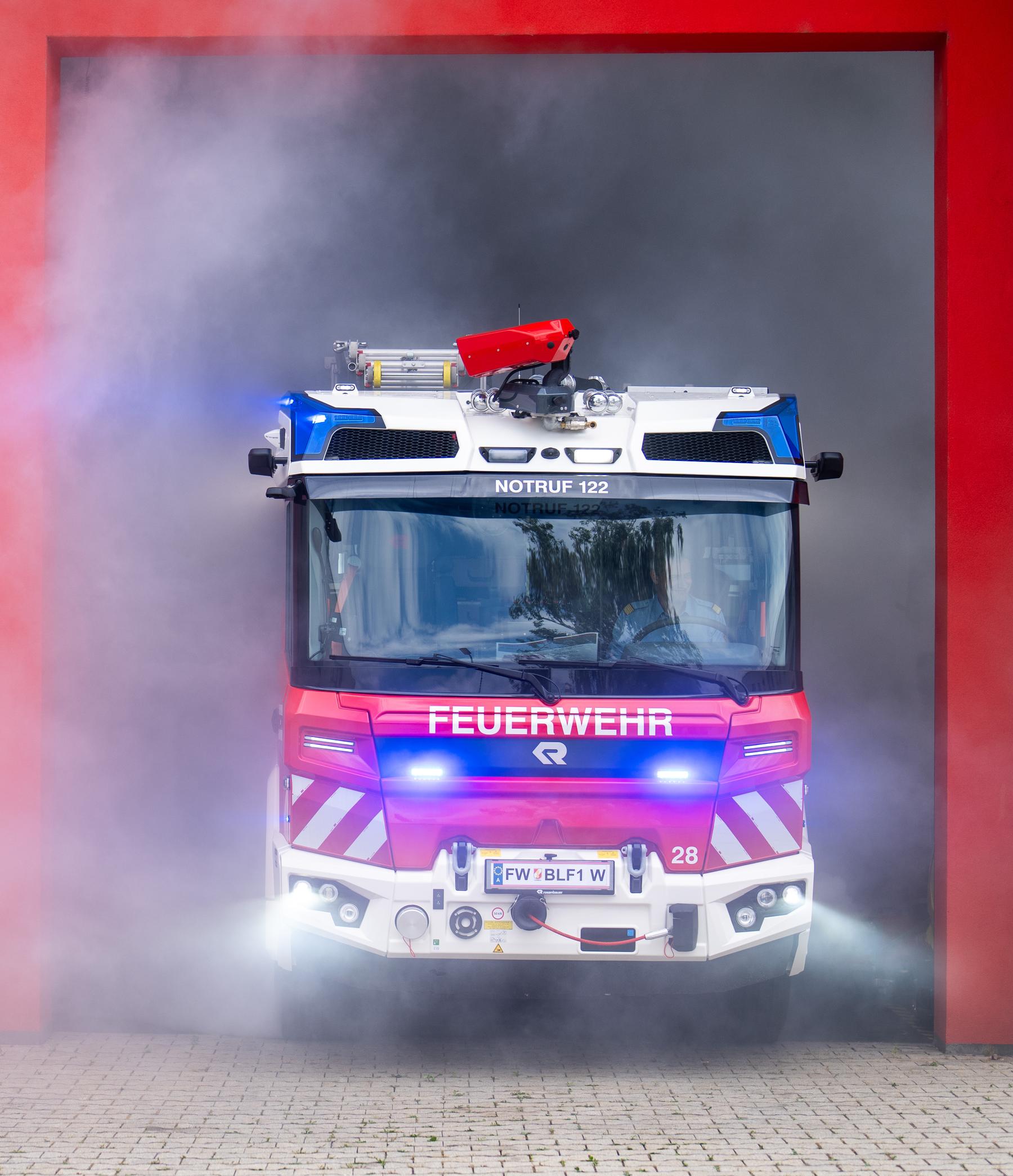« The kingdom cannot be defended with academic dissertations »

The Swedish Defense College’s former principal, Major General Karlis Nertnieks, recently highlighted in Sweden’s Radio P1 (May 23, 2025) an important criticism: Swedish officer training has become too theoretical. I agree. It is a development that has been deepened since the education began to be academy in the early 2000s.
My dissertation from 2004, ”Professional officer training, professional knowledge and legitimacy« , Already showed how this change meant that the Armed Forces lost influence over the content of the education in favor of political governance. The activity -based step – what prepares the cadet for the profession – was greatly reduced.
The result was that newly graduated fennics were often not considered to be executed, but needed further position -oriented training at the associations after completing officer training.
It is not primarily the academic essay that creates an officer ready to lead people in battle, but the practical training and the military exercises
Around 2010-2011 seemed to officer’s education mainly aim to prepare the individual for a civilian working life rather than for the demands of war. Instead, academic theory, scientific method and essay writing were emphasized. These are basically important skills but they are not, and should not be, the core of education.
It is not primarily the academic essay that creates an officer ready to lead people in battle, but the practical training and the military exercises where cadets are given the opportunity to develop mental preparedness and good leadership.
This development is partly a result of Sweden’s own interpretation and adaptation to the Bologna process, whose goal was to harmonize higher education in Europe. But this has led to professional training, such as the officer’s education, being forced into an academic form that is not adapted to the requirements of the war.
The war in Ukraine should have been an alarm clock that clearly shows what military professional competence and leadership is needed in a full -scale war
The consequences are at risk of becoming serious: tactical and operational thinking may stand back for theoretical discussions, practically skilled cadets risk being sold out due to a lack of ability to write academically, and the education is removed from the practical and professional knowledge and skills that the profession requires.
The war in Ukraine Should have been an alarm clock that clearly shows what military professional competencies and leadership qualities are needed in a full -scale war. But despite the deteriorating security situation, the officer training has not been reformed to be better adapted to the requirements of the war.
A partial explanation is that the Armed Forces have been a weak client of education and not sufficiently clearly formulated the requirements for professional knowledge and skills. In addition, the major cuts within the Armed Forces, as the Swedish Defense College’s principal Robert Egnell (Sweden’s Radio P1, May 23, 2025), have very properly pointed out the ability to provide extended business -based training – but also practical military exercises during the education.
The academic of The officer training has basically been positive and has increased its quality by giving it a scientific basis. But we need to restore the balance between the profession’s demands for practical knowledge and the academy’s demands for theoretical knowledge.
It means we have to:
● Strengthen the operational in education, both in scope and status,
● Increase the elements of practical elements and exercises in education at the Swedish Defense College
● Ensure that the academic elements support, rather than control, vocational training,
● Focus more on educating in military how-skills-that is, developing knowledge and skills on how to do-and less on academic what knowledge.
It further means That we must dare to reconsider the degree requirements, so that academic performance does not outweigh practical knowledge and skills.
Therefore, it should be promptly introduced to be examined through a militarily oriented, practical development work focusing on core subjects such as war science and leadership that is not only based on scientific literature, but to a greater extent on profession -based knowledge and experience.
A possible example is taken from the architectural education, where students often develop a larger project at the end of the education. It is implemented independently and contains both a design solution and a written reflection, which is then presented and defended to supervisors, teachers and sometimes external jury.
We are facing A new era, with a changed and very uncertain security situation and a growing defense. This means that it is time to restore officer training as a professional education – an education that not only shapes capable academics, but also capable, wise and actionable officers and leaders.








